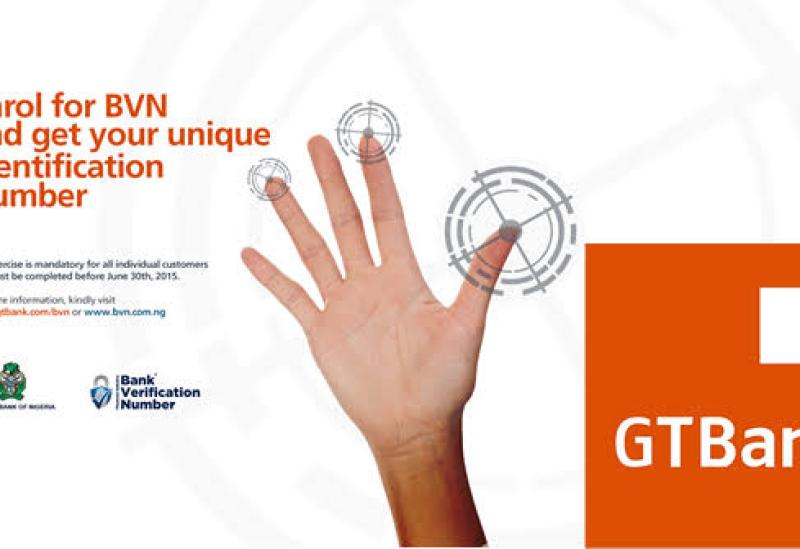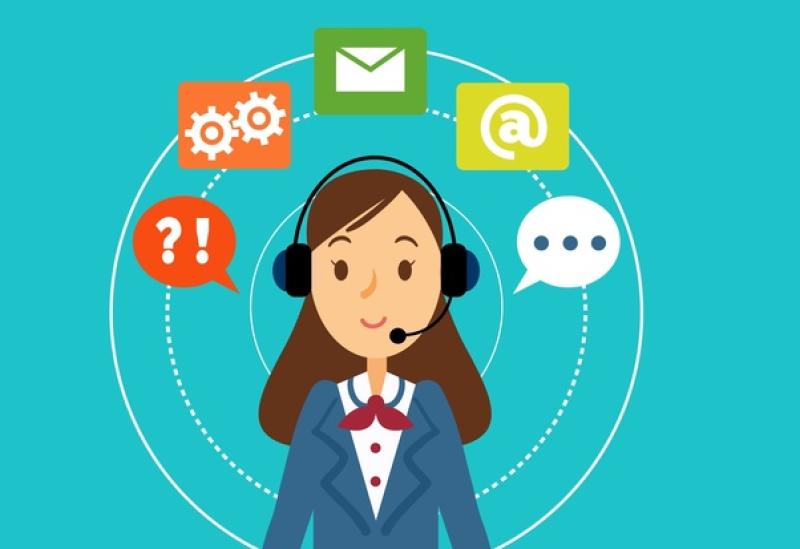People like to call today "the computer age", but do people have all it takes to live in the virtual world where "mario" resides? How do you protect yourself in a world you know a little about? You make, spend and save "virtual money". You maintain a virtual identity, backed by your "digital signatures": passwords, tokens etc.
Today's armed robbers’ deadliest weapon is a digital device. Today's identity thieves only need to open a Facebook account in your name, to "steal" your identity. What should be your most potent armour? Knowledge certainly, is your greatest security against fraud in this age. That's why I have here, “10 Cyber Security Tips to guide against fraud”:
Look up yourself, regularly
Regularly lookup yourself on the internet; to check if there are any impostors using your identity online; Look out for Social Media pages, articles and other items posted by impostors. The simplest way to do this is to search your name on Google, Bing and Yahoo.
Report any impostors to the police and other authorities.
Don’t leave too much information on the internet
Be selective about the information you give out on the internet. Most times, the information that the impostors use is the same information you freely gave up on the internet. It's not too late to delete unnecessary (personal) information laying carelessly on your social media pages.
Avoid using third-party computer system
Avoid using third-party computer systems (even of friends and relatives) to access personal e-mail, online banking and social media accounts. They may contain key-loggers, viruses and malwares that could be used to steal your personal information.
Always use strong passwords
Always use a "strong" password, to secure all your online accounts. This protects you against many attacks, Today, a strong password should be at least eight (8) characters and have at least, one uppercase (A-Z), one lowercase (a-z), one numeric (0-9) and one "special" (e.g. %) character.
Don’t click links in e-mails
Never follow or click links in e-mails or text messages. Don't download e-mail attachments especially when they appear to come from a corporate institutions like banks, government establishments, etc.
Hackers have mastered several ways of tricking you to provide your personal (or financial) information on fake websites.
Use an updated antivirus
Have a working (and up-to-date) anti-virus always installed on all your digital devices; computers, tablets, phones etc. Just one is enough, doubling your anti-virus can be counterproductive.
I recommend you use AVG or Norton; either the FREE or premium version is good enough to keep you safe. I’m recommending those two because I have been able to use them conveniently for several years.
Transaction alerts are just FYI
Email and SMS notification (alerts) from your bank and other financial institutions isn't a reliable means of payment confirmation. Anyone can send you a fraudulent message which could appear like it's from your bank. Make it a habit to call your bank, or check online for payment confirmation.
Learn what your PIN shouldn’t be
Your ATM (or any other numeric digit) pin shouldn't follow any logical sequence; e.g. 1234, 2468, etc. Neither should it be a single digit e.g. 1111. One of the first guesses a fraudulent person would make of your numeric pin is a logical sequence of 1234. Your pin should be made up of an illogical mix of three (3) unique numeric digits, e.g. 2136.
Credit Card information is as sensitive as the card itself
Keep your credit or debit card [information] safe at all times. Don't allow anyone to see the information written on both sides of your credit cards. The numbers and names written on the cards are as sensitive as the card itself. A fraudsters doesn't need your ATM pin before he can defraud you using your ATM.
Green bar means it’s safe to provide sensitive information
Never provide sensitive information on a website without a verified Secure Socket Layer (SSL) certificate installed. Without SSL, hackers can intercept (view) your information before it gets to the intended person.
How do you know a website has an extended SSL installed? The website address will start with “https://”; the “address bar” of your web browser turns green when the website is fully loaded; the name of the owner of the website is highlighted and if you click it, it displays the verified physical address of the owner of the website.
Categories: cyber-security





Trabims
5 yrs ago